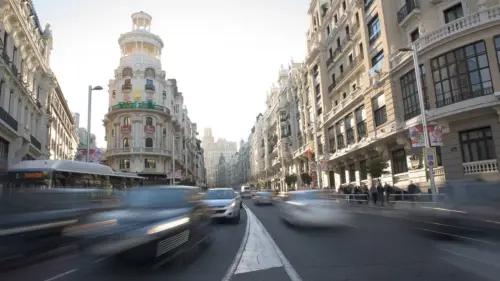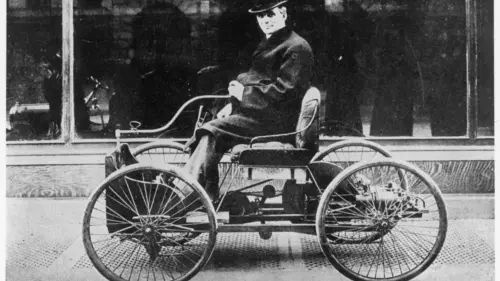Related Articles
View All
Spain and Denmark leading the way on green shipping fuels - study
A lack of regulatory certainty is preventing most projects from moving beyond just the planning stage

EU 2035 reversal won't make carmakers great again
EU 2035 reversal: playing for time won’t make European carmakers great again
Extending the sales of combustion engines would divert investment from EVs while China races further ahead

The EU’s 2035 target IS the certainty that the industry needs
Some car execs suggest a return to the combustion engine will restore Europe’s competitiveness. They couldn't be more wrong.